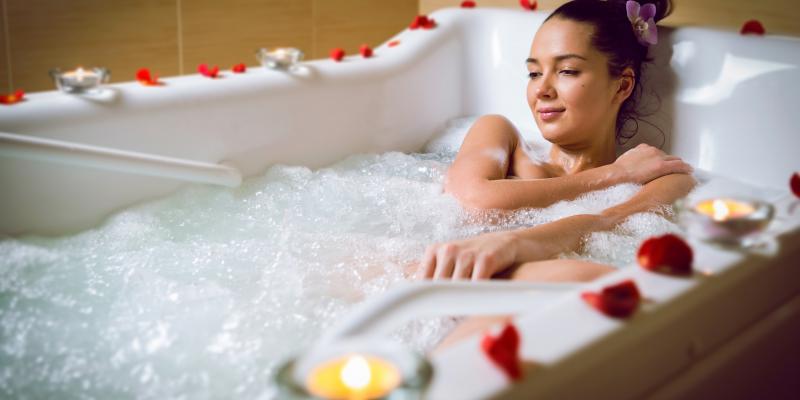Protecting Your Skin Against Hard Water
04 Feb 2020

Cleansing your skin regularly to remove dirt and excess skin oil helps it stay soft and healthy. If the water you are using is hard and contains large amounts of minerals, your skin may not look or feel beautiful.
Water Hardness and Soap
The hardness of the water prevents your soap from lathering as it should. It also prevents proper rinsing of the soap, creating a fine residue on your skin.
This soapy residue, produced by hard water, clogs your pores and prevents your skin from absorbing its natural oils. As a result, your skin becomes dry and irritated, particularly as dead skin cells accumulate.
Stop Using Soap?..One option you have to protect your skin from the damaging effects of hard water is to stop using soap. You are still going to cleanse your skin but without soap. Choose a cleansing milk formula or micellar cleansing foam instead of regular soap. These products help to hydrate your skin, allowing its natural oils to moisturize it. Plus, they do not leave a harmful residue on your skin.
Include a Moisturizer in Your Skincare Routine. It's important to moisturize your skin after washing it. Doing so helps maintain its natural suppleness while counteracting the drying effect of hard water.
Install a Water Softener
One of the easiest ways to avoid the damaging dryness and irritation caused by hard water is to install a water softening system. This solution is permanent as well as convenient. Water softeners extract excess minerals from your water, delivering softer water to your tap. Soft water is gentler on your skin and helps to promote its health.
It's easy to forget about the damage that hard water creates on the skin. In many cases, this damage isn't readily visible. Nonetheless, hard water does dry out your skin, disrupting its natural softness and beauty. Take steps to counteract the skin problems hard water can cause by switching to a cleansing solution, using a moisturizer, or installing a water softener.